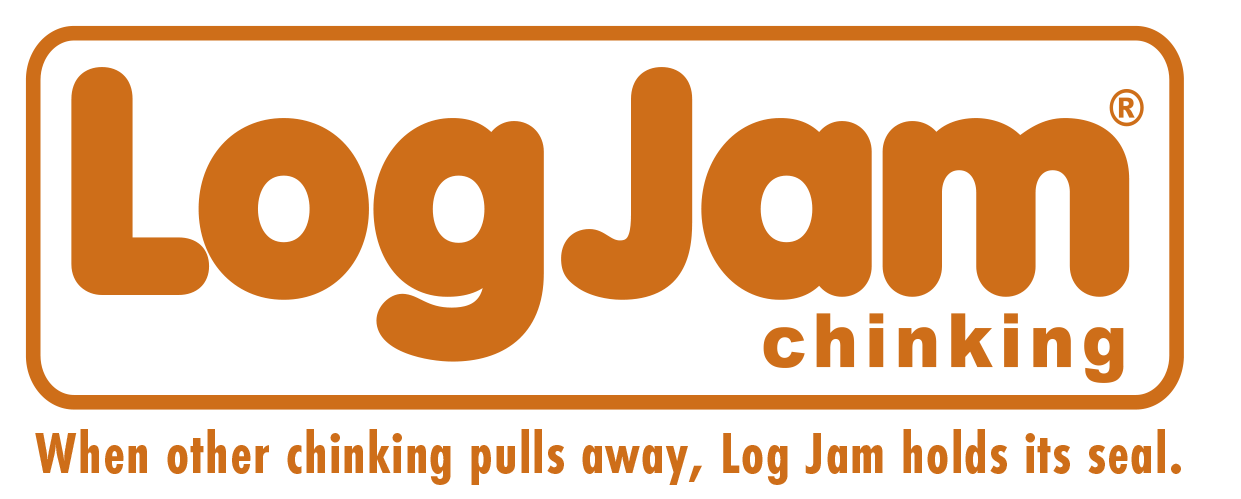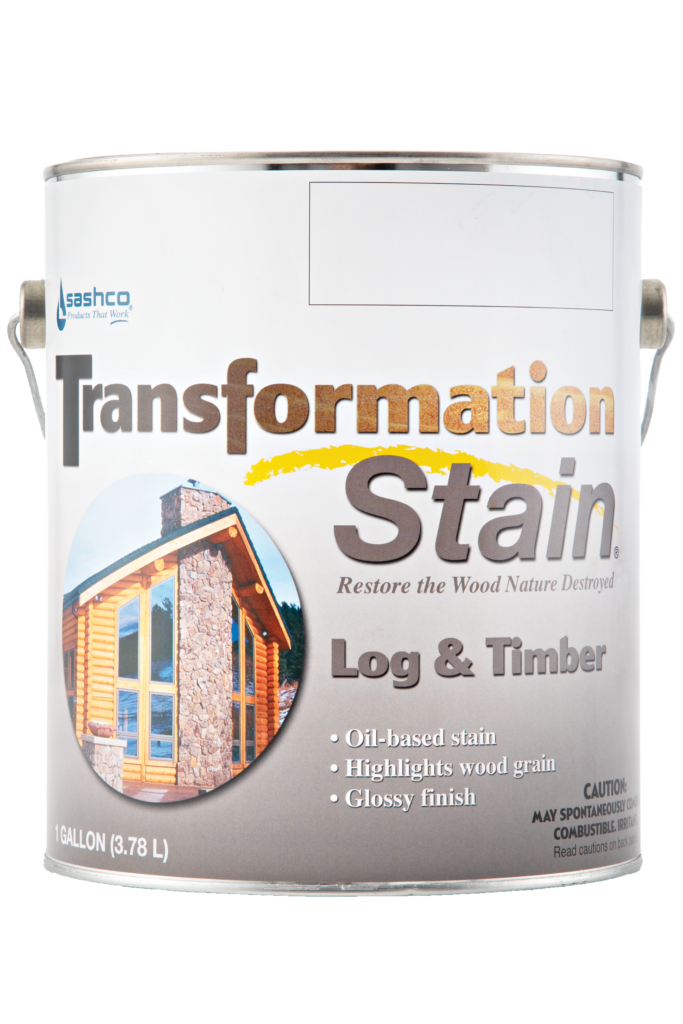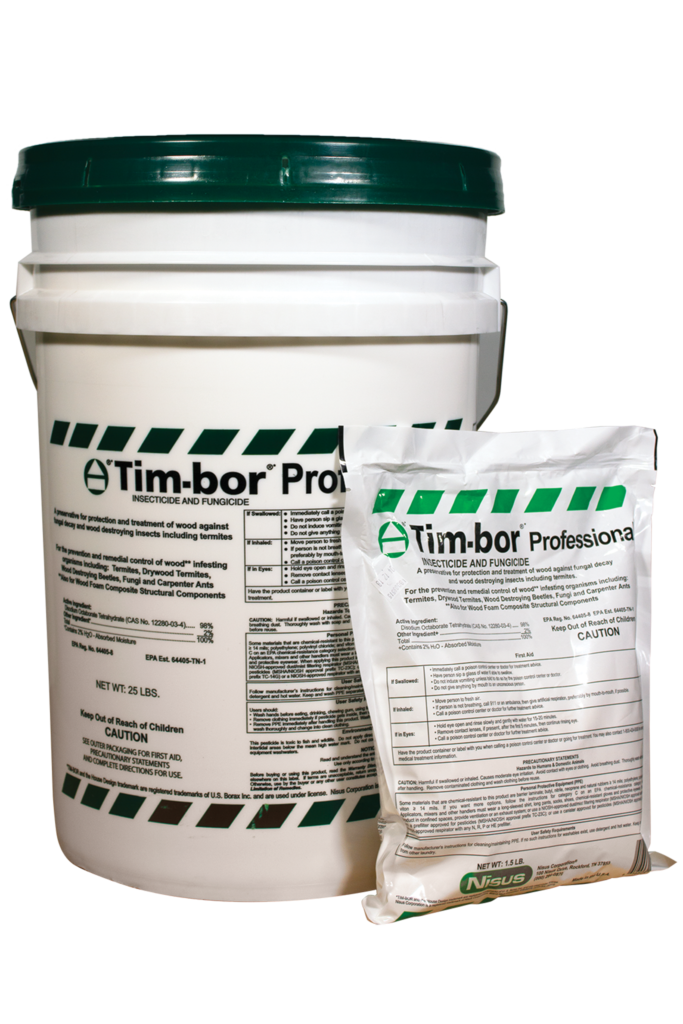Contractor Tip: How to Improve Bids and Win Jobs.
What contractor is NOT interested in winning more of the right kind of jobs? It starts with better bidding! This month’s“Up in Your Business” article by Wayne Bell, owner of Log Care, Inc. and Zero Failures Business Focus instructor extraordinaire, provides tips you can start using today to improve your proposals and gain wins.

Here are 5 tips for improving your bids and winning more jobs.
The shortest pencil is better than the longest memory.
Important bid details must be written down, and just the simple fact that you have a written document differentiates you from competitors making verbal promises or scribbling a price onto an office supply quote form. Contractors only have one opportunity to make a good first impression: written documentation goes a long way in establishing your professionalism and lets the customer know this isn’t your first rodeo. Unclear is unkind, so the first tip for improving contractor bids is to document the details of your business relationship…in writing.
If you don’t know your numbers, you don’t know your business.
Since a primary purpose of the bid is to deliver cost information, it is important that you understand (and be able to articulate, if needed) the logic behind the price you will charge. To be taken seriously your price must be competitive; simply being the lowest cost bidder may label you as inexperienced or an incompetent businessperson. Establish a pricing strategy that accurately reflects your overhead, material, labor costs (including adequate compensation for the owner), and charge a price that is calculated to produce a profit. Prospective customers will respect a higher priced bid that has been well thought out more so than a lower cost bid that lacks a credible basis.
The best bid is one that is fair for both sides.
Customers interpret your bid from the perspective of what is fair to them, but the best customers want to be fair in their dealings with you, as well, and respect that you need to make a profit in order to remain in business. Include terms and conditions which provide a fair procedure for predictable project complications before they occur. Ordinary contractors produce bids simply intended to conduct transactions; successful contractors use the bid process as an opportunity to build relationships.
It doesn’t matter who’s right; it matters who’s left that counts.
Proposal, quote, estimate, contract, agreement, bid…contractors use any number of different terms to describe the process of communicating with customers the business details associated with a project, but the legal definition of each of these terms varies by state. Clearly communicating the details of the business relationship in the proper format will help both sides avoid costly misunderstandings later. Have competent legal counsel review your document format. Avoiding a legal proceeding is always less expensive than trying to recover from one.
Want to know more? Talk to your Sashco Territory Manager about attending Zero Failures Business Focus, the only detailed business training specifically for the log home industry.































